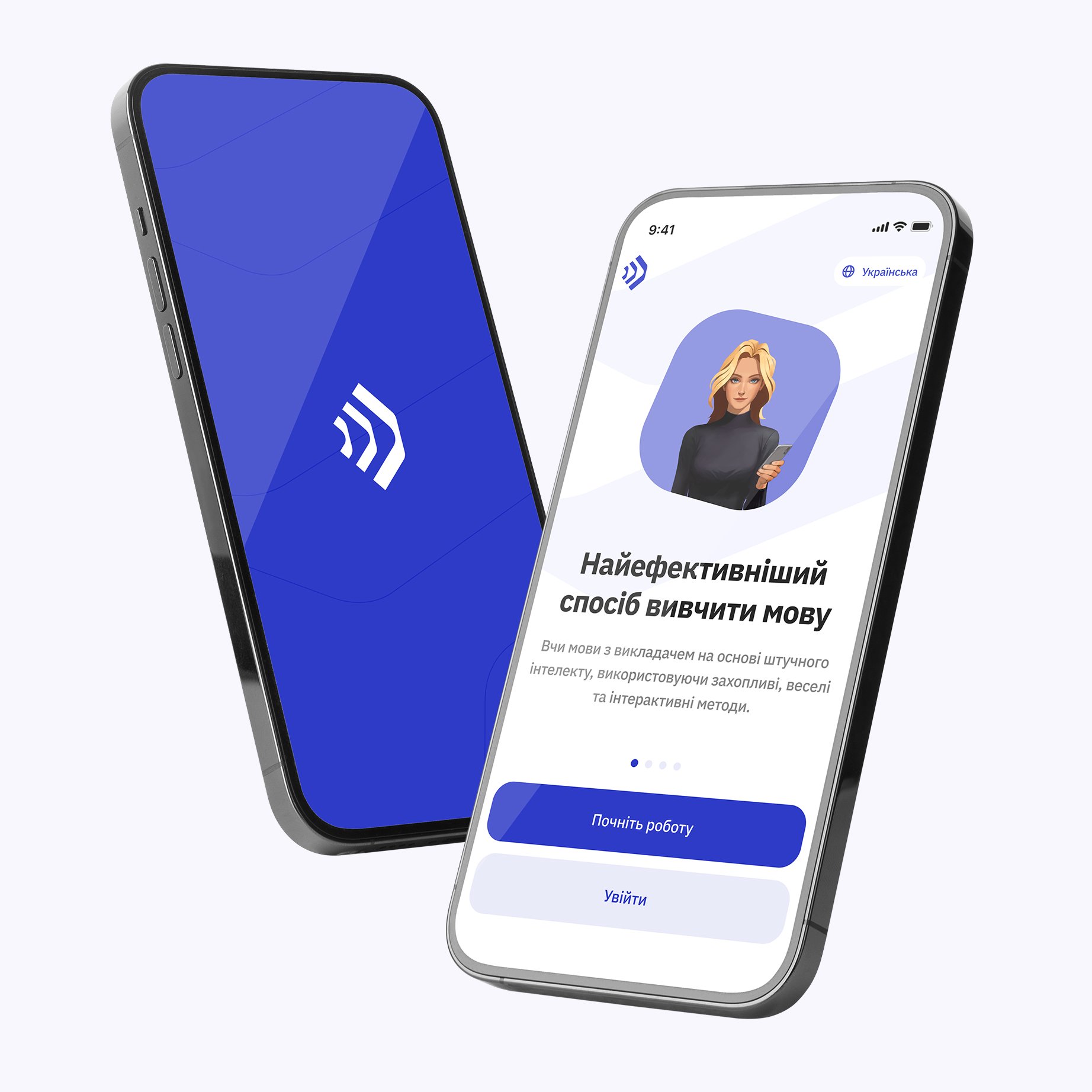Ці вправи допоможуть студентам практикувати різні форми майбутнього часу, опрацювати їх застосування та покращити свої загальні навички граматики. Тренування базується на заповненні пропусків у реченнях, що не тільки допомагає закріпити граматичний матеріал, а й розвиває навички читання та письма. Прийдіть до майбутнього часу впевнено з нашими практичними вправами!
Exercise 1: Simple Future Tense
I *will meet* (meet) you at the train station at 6 PM.
She *is going to travel* (travel) to Europe next summer.
They *will not attend* (not/attend) the meeting tomorrow.
Are you *going to buy* (buy) a new car soon?
He promises he *will finish* (finish) the project by the deadline.
It *is going to rain* (rain) tomorrow.
I think I *will start* (start) a new hobby next month.
Will she *be* (be) at the party tonight?
We *are not going to move* (not/move) to a new city next year.
I am pretty sure they *will succeed* (succeed) in their new business.
The manager *is going to announce* (announce) the new strategy in the meeting.
He doubts that it *will work* (work) out as planned.
Are they *going to watch* (watch) the football game this weekend?
We *will have* (have) to wait and see what happens.
You *will get* (get) your test results in two weeks.
Exercise 2: Future Continuous, Future Perfect and Future Perfect Continuous Tenses
By this time next week, I *will be flying* (be/flying) to Rio de Janeiro.
She *will have finished* (have/finished) her thesis by the end of the month.
They *will have been living* (have/been/living) in Paris for ten years by 2025.
This time tomorrow, you *will be taking* (be/taking) your final exam.
By 10 o’clock, we *will have completed* (have/completed) our workout.
The players *will be practicing* (be/practicing) on the field at sunset.
By the age of 30, he *will have been working* (have/been/working) with the company for five years.
Next year, they *will be celebrating* (be/celebrating) their 10th wedding anniversary.
By the time we arrive, the film *will have started* (have/started).
She *will be meeting* (be/meeting) with the new client at 3 PM tomorrow.
They *will not have arrived* (not/have/arrived) by the time the concert begins.
Tomorrow morning, I *will be presenting* (be/presenting) our project to the board.
In July, we *will have been dating* (have/been/dating) for two years.
The CEO *will have been making* (have/been/making) the decision over the weekend.
I *will be waiting* (be/waiting) for your call at 5 o’clock.










